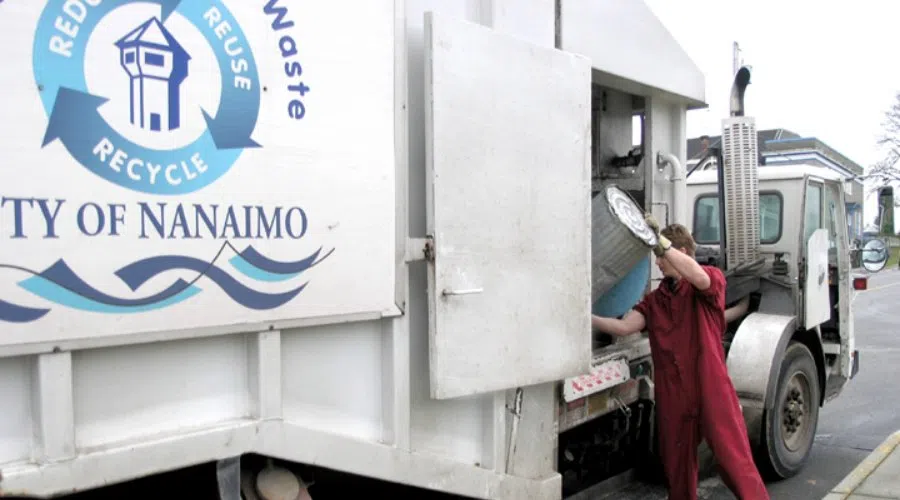
Council Calls for New Report on Automated Garbage Collection
Automated garbage collection will not be coming to about 9,000 Nanaimo homes in November.
That’s because this week, council dumped their plan from last year, asking staff instead to come back with new recommendations based on the core services review.
Council originally agreed to test automated garbage collection on 9,000 central Nanaimo homes. That decision came after considerable debate and was in opposition to a staff report last year recommending a three year roll out plan that would have covered the entire city. Two trucks, at a cost of about $850,000, have already been ordered and are on the way.
But included in the findings of the recently released core services review was a recommendation to roll out the automated collection city wide, all at once.


